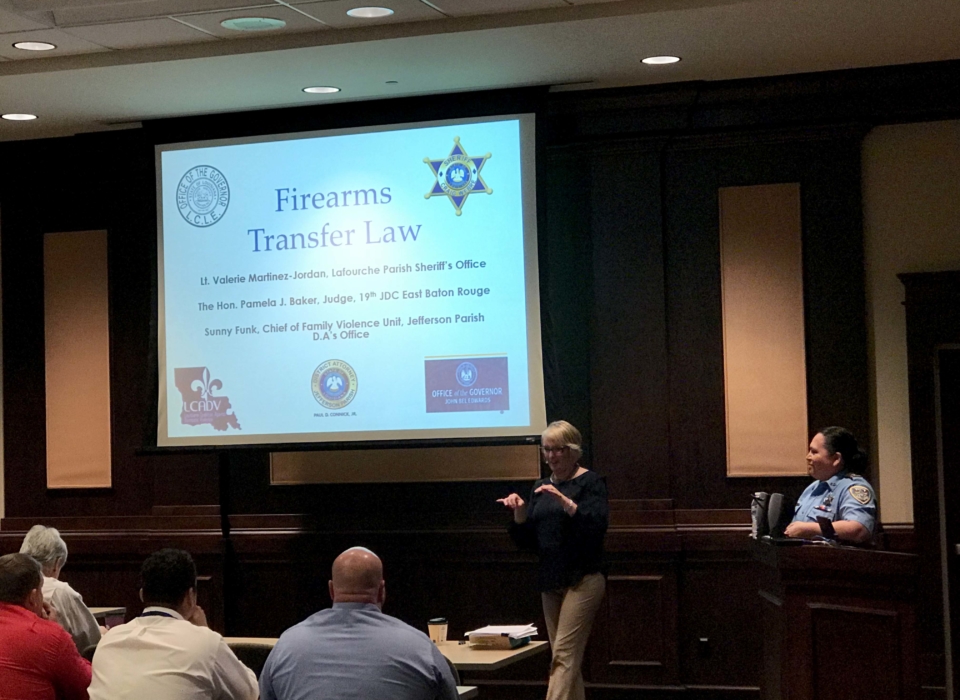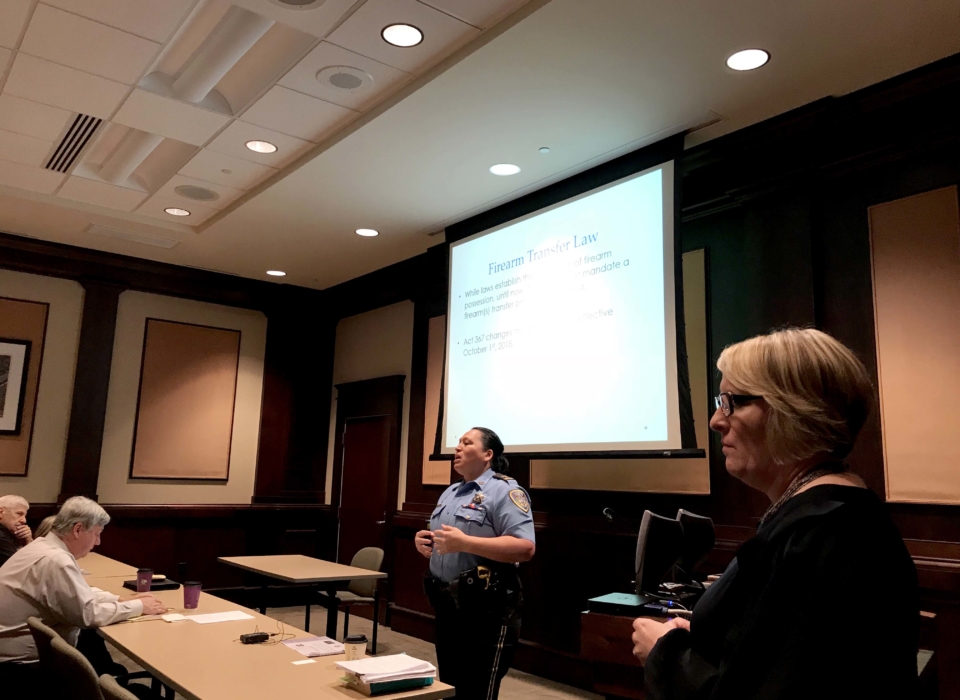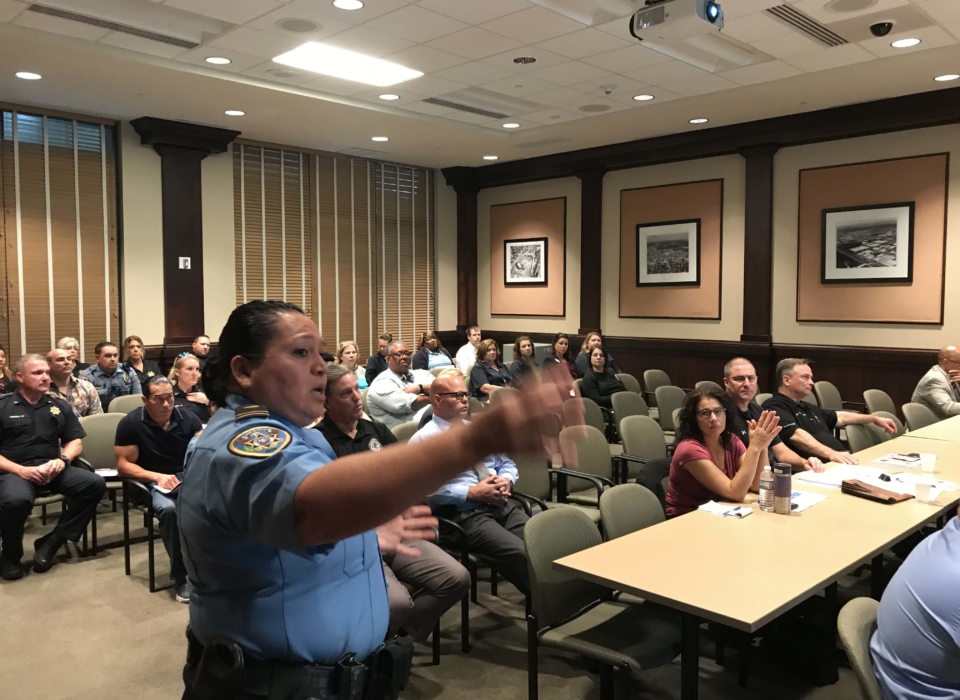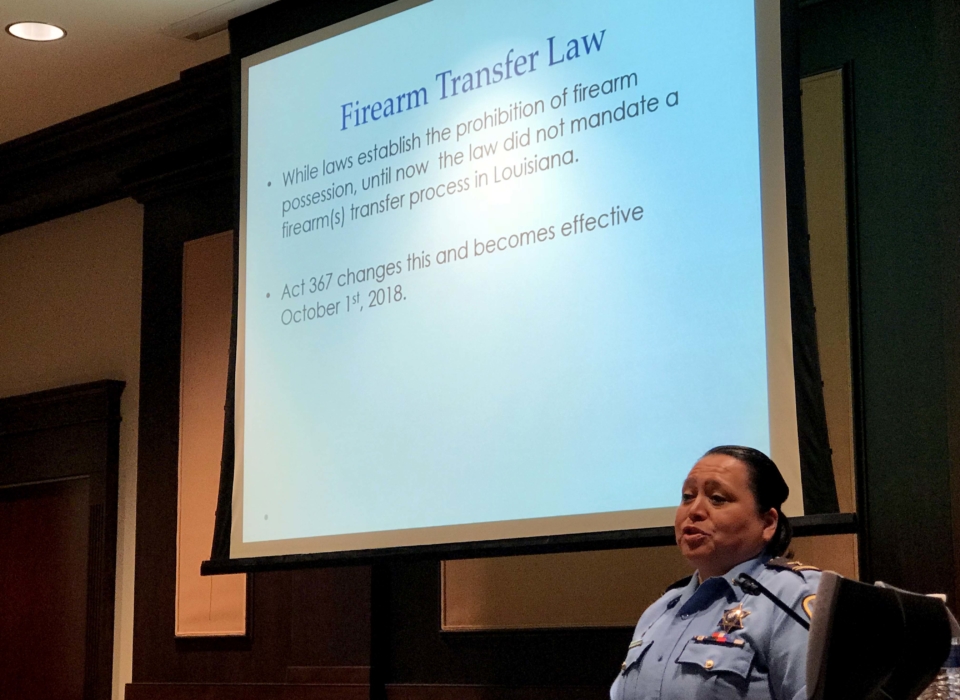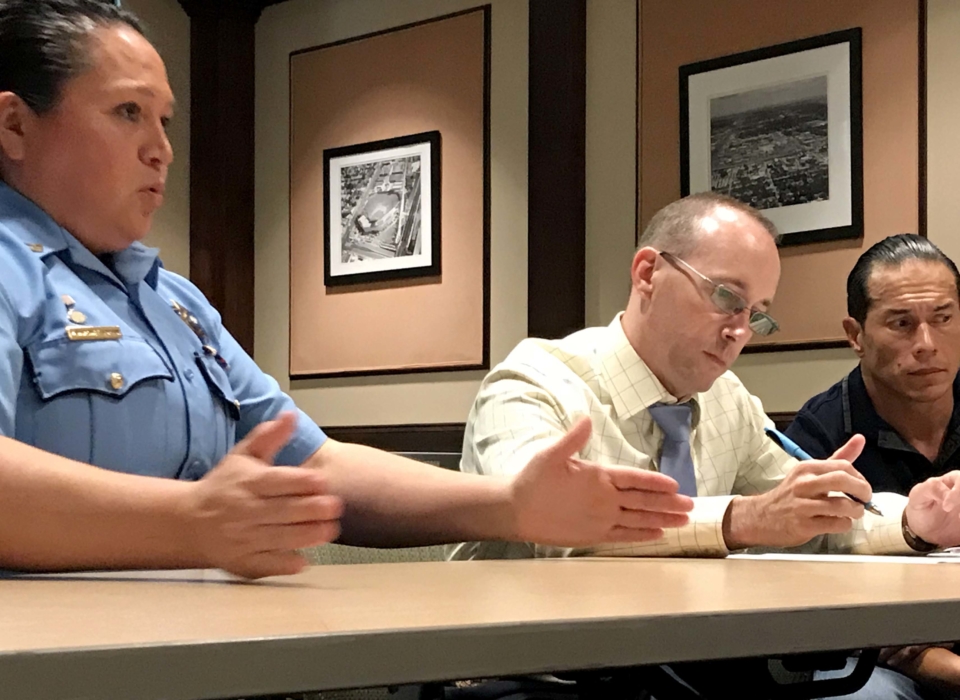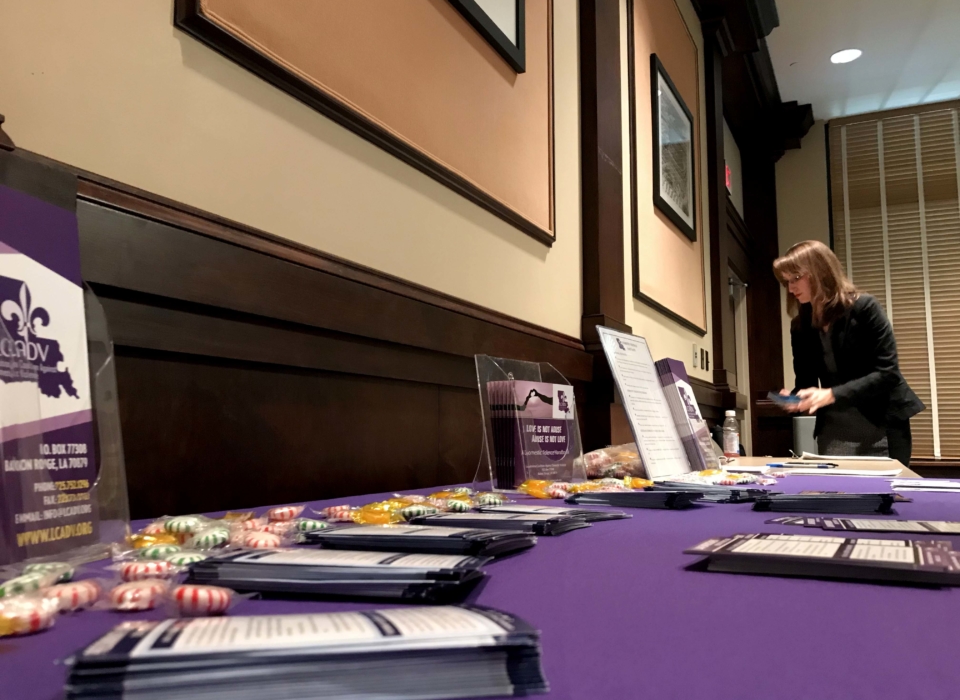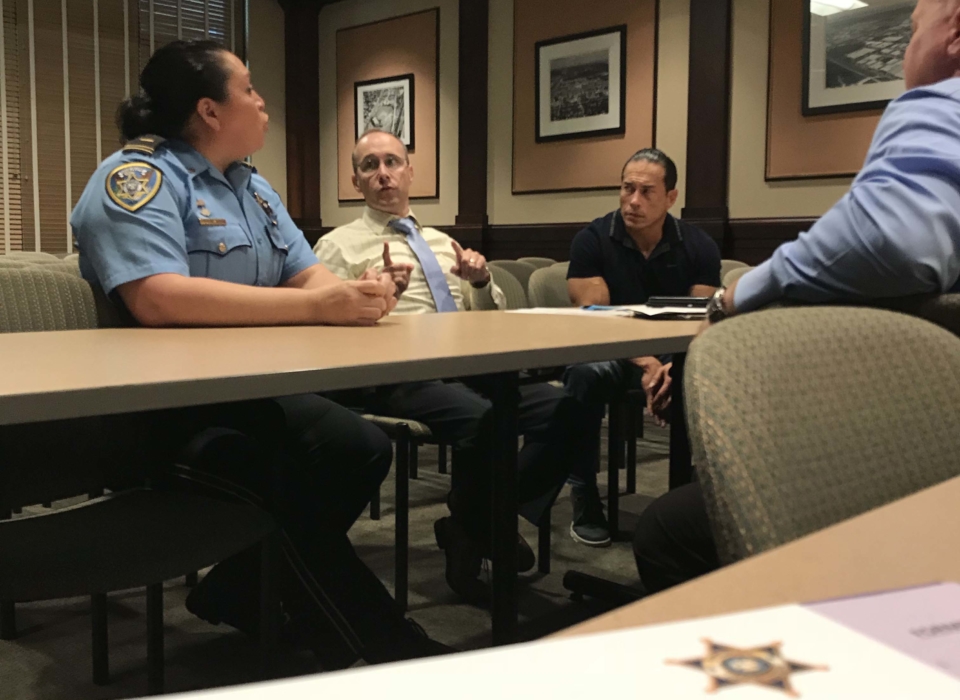Jefferson Parish’s Juvenile Pre-trial Diversion program is reaching troubled youths quicker than the intervention of the courts, according to a paper co-authored by Jefferson Parish District Attorney’s Office staff and published nationally this week.
And that’s important considering that youths’ behaviors are more motivated by immediate rewards rather than when the consequences are extended over a long period, according to co-author Blake Bascle, deputy chief for adult and juvenile diversion programs at the Jefferson Parish District Attorney’s Office. Through diversion, youths are reached in a month, whereas through the courts the period can extend up to four months.
“Use of pre-adjudication diversion can reduce the time between arrest and intervention. Diversion services typically begin within one month of the offense. Expedient case processing provides youth with immediate opportunities to achieve program goals rather than relying on significantly delayed court-based responses to change behaviors,” wrote Bascle and Dr. John Ryals Jr., evaluation and treatment supervisor for the Jefferson Parish Department of Juvenile Services.
Vivie Satorsky, of the Pre-trial Diversion staff, contributed to the paper, “Strengthening Interagency Collaboration: The Case for Pre-Adjudication Diversion,” published by the Robert F. Kennedy National Resource Center for Juvenile Justice, which is based in Boston, Mass.
The authors cover an array of juvenile intervention matters in Jefferson Parish. Notable among them is Restorative Practices, a joint program between the District Attorney’s Office and the Jefferson Parish Public School System. Public schools that have adopted Restorative Practices have seen a 13.7-percent reduction in expulsions while schools that do not use the program saw an 18.5-percent increase in expulsions during the two-year period ending in 2017, according to their paper.


